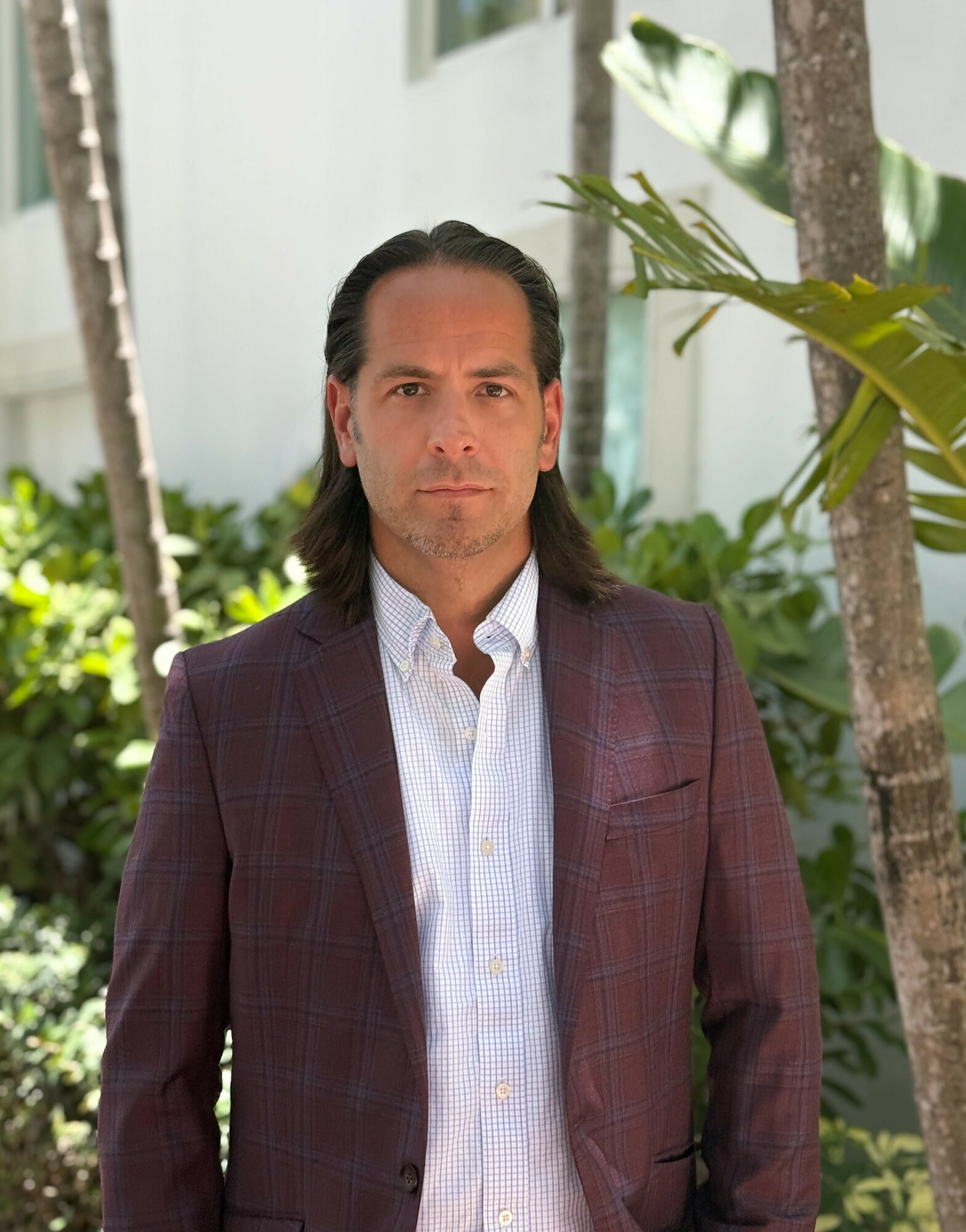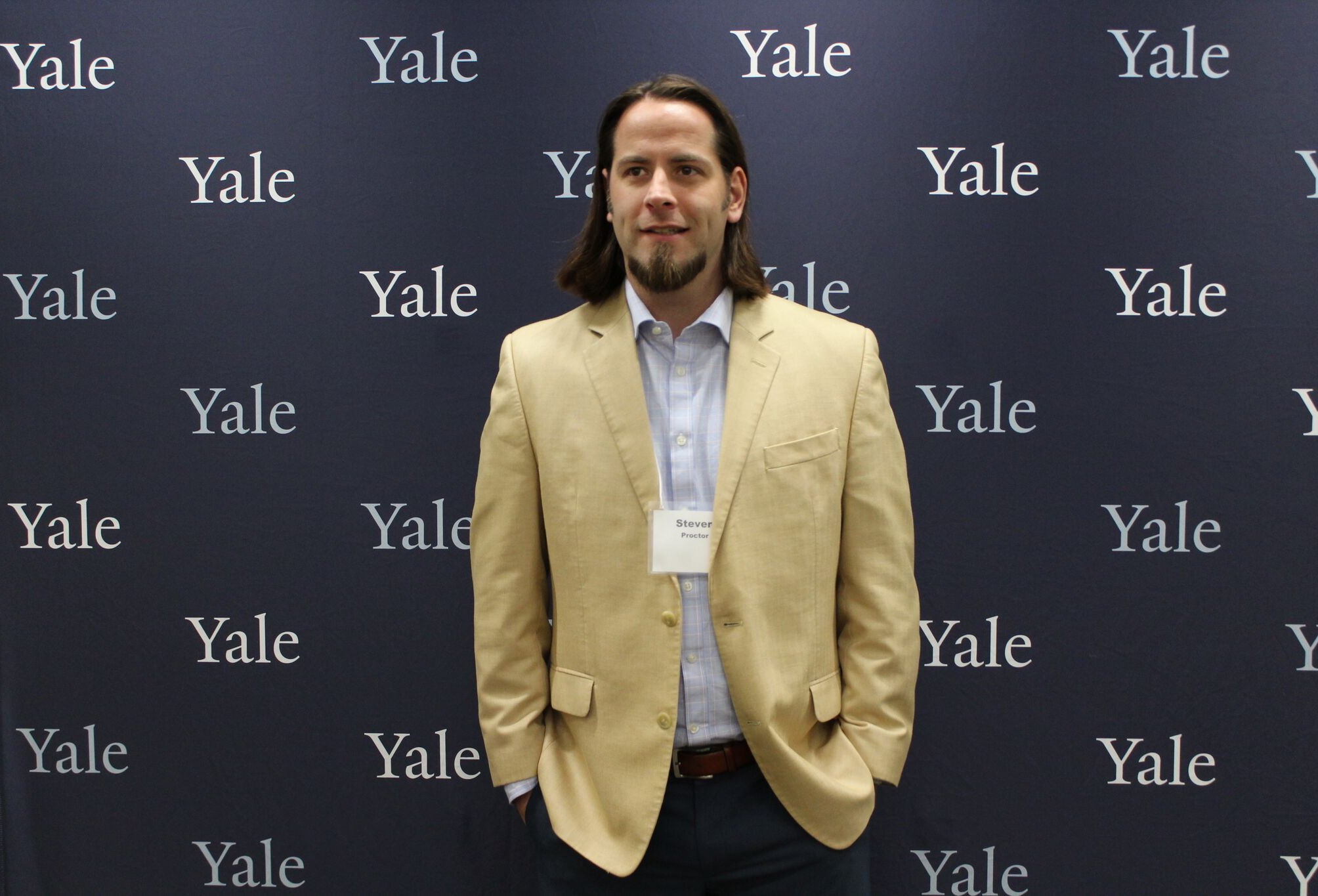

Today we’d like to introduce you to Steven Proctor, PhD.
Hi Steven, please kick things off for us with an introduction to yourself and your story.
As a clinical psychologist, I’m often asked why I chose a career helping people with addiction. My answer is simple: because most people won’t. Too often, addiction is stigmatized and ignored, but those struggling deserve the same compassion, dignity, and quality of care as anyone else.
Over the years, I’ve worked across academic research, direct clinical care, and consulting—with experiences spanning outpatient and residential treatment programs, an HIV/AIDS clinic, charity hospital, correctional facilities (federal prison and county jail), VA medical centers, methadone clinics, universities, and a youth crisis shelter. These roles deepened both my clinical knowledge and my research expertise, and together they’ve shaped how I approach my consulting work today.
I’ve also lived in eight different states covering all three coasts—including downtown Los Angeles, rural Mississippi, Eastern Kentucky, coastal Virginia, the Appalachian Mountains of North Carolina, Upstate South Carolina, down in the bayou of Southern Louisiana, and now Miami Beach. Those experiences gave me a unique lens on the diversity of communities, cultures, and health systems, which continues to shape how I connect with people and organizations in my work.
Through my consulting company, PRO Health Group, I’ve helped addiction treatment organizations for over 15 years get to a place of care that’s guided by real data and measurable results. Sometimes that means helping them collect better, more meaningful data to track progress and determine whether their services actually work, sometimes it’s making sense out of the data they already have, and sometimes it’s providing training on best practices in the field. I also travel the country lecturing on advances in addiction treatment, because the more we share what works, the more lives we can impact. I’ve seen too many treatment programs market themselves with terms like “effective,” “best-in-class,” or “evidence-based” without the data to back it up. Individuals and families facing addiction deserve better than that—they deserve services proven to make a difference.
While I’m grateful for my diverse career path, I’ve found consulting to be the most rewarding. It allows me to apply science directly to practice, helping agencies improve care in ways that can meaningfully change both policy and people’s lives.
Would you say it’s been a smooth road, and if not what are some of the biggest challenges you’ve faced along the way?
We all have our struggles, don’t we? That’s what makes life worthwhile. I don’t think anyone’s road is entirely smooth, and honestly, I’m not sure I’d want it to be. It’s usually the tough seasons that shape us the most, giving us the perspective and resilience we can draw on later.
For me, one of the biggest challenges has been navigating change. In therapy, progress is rarely linear—people often feel worse before they get better. Similarly, in my consulting work, rolling out a new program or shifting to an outcomes-based model can be uncomfortable for some organizations. Change naturally brings about resistance, and that’s why building trust and securing buy-in is so important. I’ve found that inviting people into the process, rather than imposing change, makes all the difference.
As you know, we’re big fans of you and your work. For our readers who might not be as familiar what can you tell them about what you do?
My work spans several roles, all connected by a commitment to using science and innovation to improve mental health treatment and heal communities. I’m a licensed clinical psychologist and founder of PRO Health Group, a research and outcomes monitoring company dedicated to helping addiction treatment systems deliver care that is truly evidence-based and outcomes-informed.
I’ve had the privilege of working with organizations ranging in size from small, rural community-based treatment centers to large national healthcare systems, as well as government, public, and private sector agencies across the U.S. and internationally. One of the highlights of my consulting career was being invited to share the findings from my research and train the U.S. Navy’s program directors, clinical supervisors, and counselors from naval facilities around the globe at Naval Base San Diego.
I also work at Thriving Mind South Florida, a non-profit organization in Miami, where I’m the Program Director of a multi-site network of trauma-informed treatment programs providing free mental health services to children, adults, and families impacted by violence (child abuse, sexual assault, domestic violence, gun violence, sex trafficking, etc.) in Miami-Dade County and the Florida Keys. In this work, I’ve found that violent crime survivors are among the most harmed yet least helped, and are oftentimes seen as a means to an end to get a conviction while their emotional needs go unmet. In response, I helped Thriving Mind secure over $7 million in grant funding from the Florida Attorney General’s Office to launch the Trauma Recovery Network, ensuring South Florida victims and their families have access to high-quality, trauma-informed care.
Academically, I hold faculty appointments at the rank of Clinical Associate Professor at Florida International University’s College of Medicine and Visiting Research Scholar at the University of South Florida. I regularly publish my research and present at national conferences on addiction treatment, bringing science to the forefront of practice and policy.
On the innovation side, I’ve been lucky to lead a number of interesting projects, including a federal Small Business Innovation Research grant from the National Institute on Drug Abuse (NIDA) to build, test, and commercialize a reward-based mobile app for people struggling with opioid addiction (for which I sold the intellectual property in 2024). I’m also an inaugural Fellow of Yale University’s ‘Innovation to Impact’ entrepreneurship fellowship program for addiction scientists that gave me the mentorship and know-how to refine and advance this work.
What I’m most proud of is bringing together research, clinical practice, and systems-level change in ways that directly improve people’s lives.
Can you talk to us a bit about happiness and what makes you happy?
Nothing brings me more peace than my wife and two daughters. The four of us couldn’t be happier living in the heart of South Beach and building our life together here.
Professionally, there’s nothing more fulfilling than those moments when someone trusts me enough to let me into their world to help—whether it’s an individual, an organization, or a community. It’s those “little big” moments—the ones that seem small but mean everything—that keep me passionate about the work I do.
Contact Info:
- Website: http://www.prohealthgroup.net/about.html
- Facebook: https://www.facebook.com/PROHealthGroup1
- LinkedIn: https://www.linkedin.com/in/drstevenproctor
- Twitter: https://x.com/DrStevenProctor
















